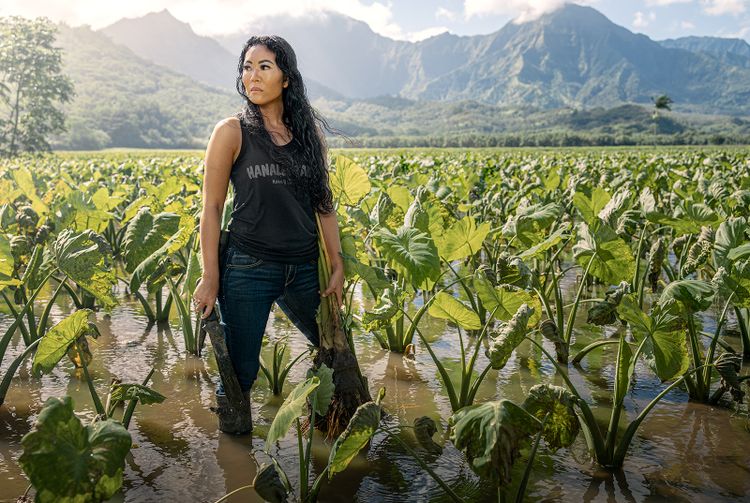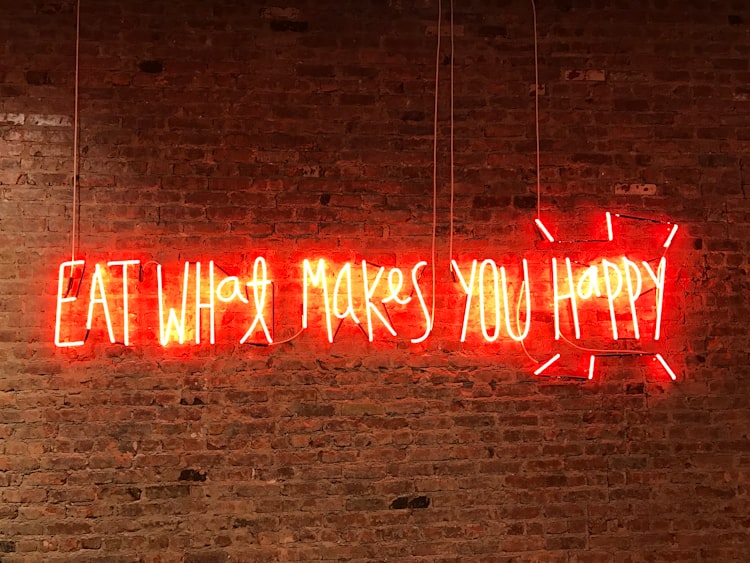Critical Thinking Is Requisite

On the whole, people prefer to be spoon-fed information. We trust, we believe, and we incorporate into our mindsets what we are told at face value – without questioning what we're told. The authorities and the experts supposedly know what they're talking about so we can certainly rely on them to give us accurate and trustworthy information, correct? Well, the German people trusted Hitler. The black Americans who were unknowingly experimented on, trusted the Tuskegee doctors and scientists. The outcome of that misplaced trust is a matter of historical record so based on this, why would you inherently place your trust in your government and "experts" to tell you the truth?
Mark Twain realized this axiomatic truth over a century ago but we have not learned our lesson.

In fact, in the age of Covid, it appears that we have regressed as a society, despite being immersed in this age of internet information where access to knowledge and information is at our fingertips. We therefore, have no excuse. Just ask yourself these simple questions: "Do I do my own due diligence in ascertaining whether or not I'm being given factual information?" "Can my sources be trusted and their information corroborated?" "Have I analyzed other viewpoints and either incorporated or rejected them in the formation of my own opinion?" "Do I have cognitive dissonance and confirmation biases that affect the way I think and problem solve?" Asking, or not asking questions such as these form the basis for our opinions and attitudes, which in turn result in our behaviors and actions.
The quest for accuracy and the truth these days however is hampered by censorship. Ironically, at a time in history when vast amounts of knowledge are within the reach of our fingertips, roadblocks have been set up to block access to critical information that impedes our ability to make well-grounded and informed decisions for ourselves. With this in mind, watch this video documentary with as much critical thinking as you can muster and see whether you agree with, disagree with, or maybe even feel more confused at its conclusion than when you first began watching it. Confusion is not necessarily a negative outcome because it can lead to the formulation of more questions and inquiry – which is a positive process in discovering truth for yourself. It is part and parcel of learning how to think critically.





